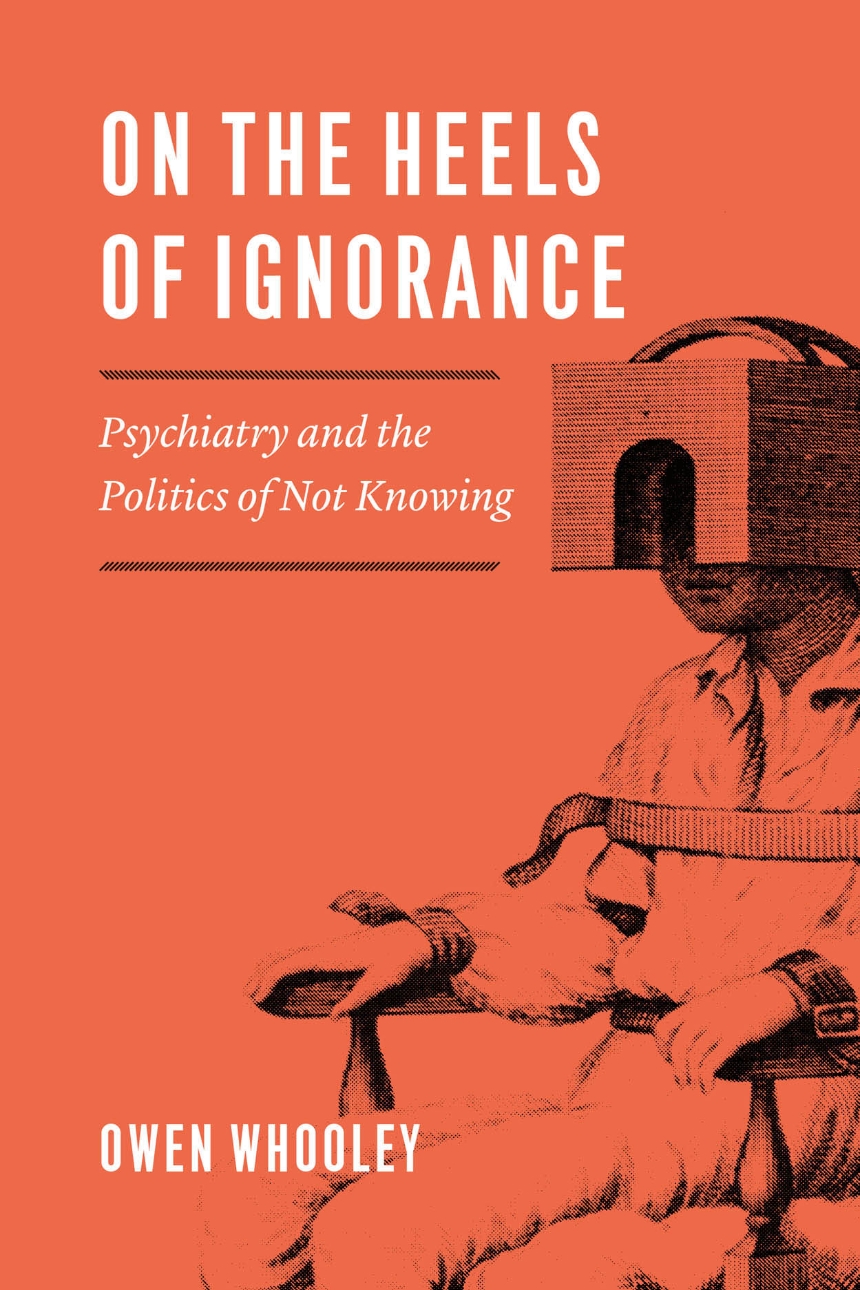On the Heels of Ignorance
Psychiatry and the Politics of Not Knowing
9780226616384
9780226616247
9780226616414
On the Heels of Ignorance
Psychiatry and the Politics of Not Knowing
Psychiatry has always aimed to peer deep into the human mind, daring to cast light on its darkest corners and untangle its thorniest knots, often invoking the latest medical science in doing so. But, as Owen Whooley’s sweeping new book tells us, the history of American psychiatry is really a record of ignorance. On the Heels of Ignorance begins with psychiatry’s formal inception in the 1840s and moves through two centuries of constant struggle simply to define and redefine mental illness, to say nothing of the best way to treat it. Whooley’s book is no antipsychiatric screed, however; instead, he reveals a field that has muddled through periodic reinventions and conflicting agendas of curiosity, compassion, and professional striving. On the Heels of Ignorance draws from intellectual history and the sociology of professions to portray an ongoing human effort to make sense of complex mental phenomena using an imperfect set of tools, with sometimes tragic results.
304 pages | 2 halftones | 6 x 9 | © 2019
History: History of Ideas
Psychology: General Psychology
Sociology: Medical Sociology, Occupations, Professions, Work
Reviews
Table of Contents
Acknowledgments
Introduction
Chapter 1: The General Superintendence of All Their Departments
Chapter 2: Unruly Ignorance and Pragmatic Eclecticism
Chapter 3: Ignorance Repressed
Chapter 4: It Takes a Community to Raise a Profession
Chapter 5: Profession of the Book
Conclusion
Notes
Bibliography
Index
Introduction
Chapter 1: The General Superintendence of All Their Departments
Chapter 2: Unruly Ignorance and Pragmatic Eclecticism
Chapter 3: Ignorance Repressed
Chapter 4: It Takes a Community to Raise a Profession
Chapter 5: Profession of the Book
Conclusion
Notes
Bibliography
Index
Awards
ASA Section on Medical Sociology: Eliot Friedson Award
Honorable Mention
Science, Knowledge, and Technology section, American Sociological Association: Robert K. Merton Award
Won
